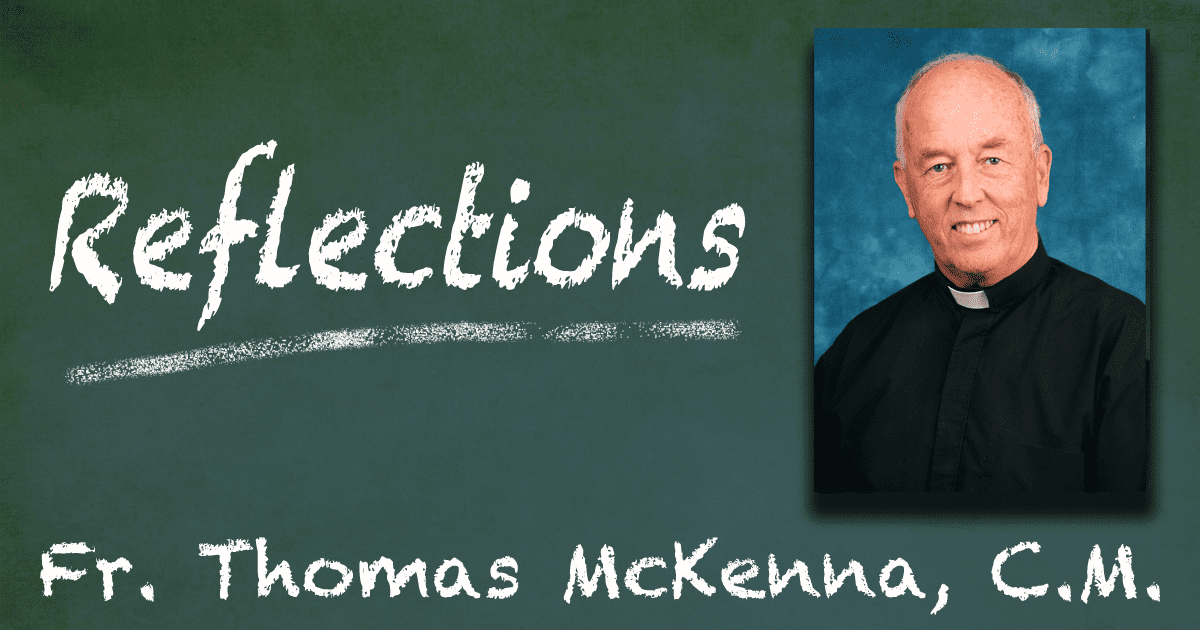Facial Recognition (Ps 145; Matthew 11:28-30)
Among the many obstacles thrown up at us in this time of Covid virus is “facial confusion,” the difficulty in reading the mood and disposition of the person talking to me from behind the mask. Eyes alone are not enough to give off a dependable sense of that person’s inner self. Speaking to your mask, I have trouble “reading your face.” I’m not quite as sure how you feel, especially towards me — engaged, hostile, indifferent, friendly, suspicious, bored, loving?
Something of this enters our relationship with, of all people, God. If you were asked what you see on God’s face as you sense The Almighty gazing at you, what would that be? The response here is not so much a “head answer;” e.g., the attributes of God I learned in the catechism. Rather, it’s a heart answer. As I come before God, especially when alone and praying, what expression do I feel is reflecting off that divine face? Reactions vary with the times and are always intimate, personal, and close-to-the-heart.
Some of the answers:
- God has God’s head back and is looking down at me with the inquisitive eyes of a supervisor, scanning for right or wrong actions and tendencies — “checking it twice if you’re naughty or nice.”
- God’s face is expressionless and blank, looking more interested in bigger things like the rotation of the planets and the depth of the oceans.
- The face is scowling, hurt and disappointed at what I’ve done and who I’ve been.
- The gaze is gentle and inviting.
This is an exercise meant to get at an individual’s inner sense of God, that first blush, instinctive feel for how the divinity sees us. God’s face toward us is always incomplete, not so much because we fail to grasp the whole of who God is (no one can do that) but rather the face we’re feeling is always in need of modification, expansion, correction, further filling in.
We turn to the Scriptures for help, to words and images such as the Psalmist’s that God’s face radiates compassion and graciousness and glances through eyes giving off unmistakable mercy (Ps. 145)
Much more comes to us from God’s human person in our world, the Lord Jesus. Might we think of the gospels as a whole raft of facial expressions, each given off by a different word or picture – or better, each carried by some action and attitude that Jesus transmits as he moves through his mission. In St. Matthew (11: 28-30), we encounter the warm look of a parent caring for a precious child, “I am meek and humble of heart; i.e., not present to dominate but to welcome, to invite, to call forth.” When on the road to Jerusalem, Jesus’ face gives off resolve, determination, and steadfastness against the building opposition. In still other places the lines around his mouth express forgiveness – as with the father running out to meet his prodigal son or the pardon Jesus holds out to Peter after his three denials.
The point: Jesus of the gospels gives off a whole array of moods, attitudes, and postures which serve to fill in the gaps all of us have in our notions of God – or better, in our feel for who God is toward us.
In these times of coming to terms with the bitter history of race in our country, could we not make out a determined and fiery look in God’s eyes that would nudge us further down the road of fairness and justice. In the worldwide household of Vincent’s family, could we not more quickly catch that glint in the Savior’s eyes staring out from the face of the person who is poor.
As times normalize with masks removed and we take in a more accurate reading of our neighbor’s face, might we also look more intently into the eyes and face of The Lord Jesus. We do this looking not only outward at His gospel portraits but also inward to the presence of His Spirit who is ever uncovering God’s loving gaze at us.







Thank you, Tom, for this thoughtful reflection. It brought me back to the story of the rich young man (Mark 10: 17-22) in which we hear, “Then Jesus looked at him with love. . .”. I am no artist. Though, I wish I could draw or paint that face, that look. And then make sure it always is how my face appears to others.
Mark, That text is a perfect follow-up. Thanks
Mark, That text is a perfect follow-up. Thanks